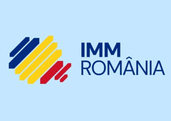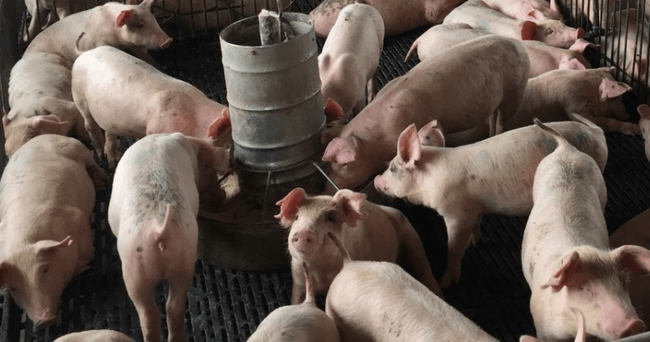Temporary work is no longer a solution for specific situations, but a strategic business instrument, used by over 39% of companies, according to the HR Insights 2025 report by the Association of Human Resources Service Providers (AFSRU).
The study shows that Romania's labour market is evolving towards an increasingly flexible model, better adapted to economic realities. Thus, 39% of companies use temporary work as part of a strategic mix, alongside internal task redistribution, collaboration with freelancers, external partnerships or fixed-term projects.
"Temporary work offers organisations the flexibility to respond quickly to market changes and to adapt their workforce according to seasonality, projects or unforeseen demands. We are talking about an ecosystem of solutions, not a singular approach," said Sorina Donisa, AFSRU president and CEO of Prohuman Romania.
According to the study, 53% of companies aim to integrate artificial intelligence and digitalise their processes, while 58% place adaptation to new economic conditions at the heart of their strategies.
"Digitalisation is no longer an optional project but a condition for competitiveness. AI not only optimises costs but also creates the premises for new business and work organisation models," stated Mariana Vaida, CEO of Smartemp.
Beyond technology, the volatile economic environment is forcing companies to rethink their structures and internal processes.
"Rapid adaptation to change is no longer an advantage but a condition for survival. Companies that move fast and can quickly adjust teams and skillsets will have a clear competitive edge," added Alexandru Ionescu, Managing Director of Trenkwalder Romania.
The study also indicates that only 33% of companies plan to maintain their current staffing levels (down from 41% in 2024), with most opting for moderate adjustments and gradual increases.
Production operators remain the most difficult to recruit (34%), followed by logistics staff (30%). More than 70% of employers say that practical experience and technical skills are becoming increasingly hard to find.
In an increasingly competitive market, salary packages and additional benefits have become essential factors in attracting and retaining employees.
"Candidates no longer assess a job offer solely by salary, but by the overall package from flexible benefits and wellbeing programmes to development opportunities. Organisations that understand this are better positioned to attract and retain the talent they need," explained Anca Decu, People & Culture Director at Up Romania.
The HR Insights 2025 study was conducted on a sample of 155 private-sector companies, most employing over 100 people. The research analyses trends in work flexibility, digitalisation, the evolution of demand for temporary staff, and prospects for recruiting non-EU workers. Data was collected between August and October 2025.
































Comentează